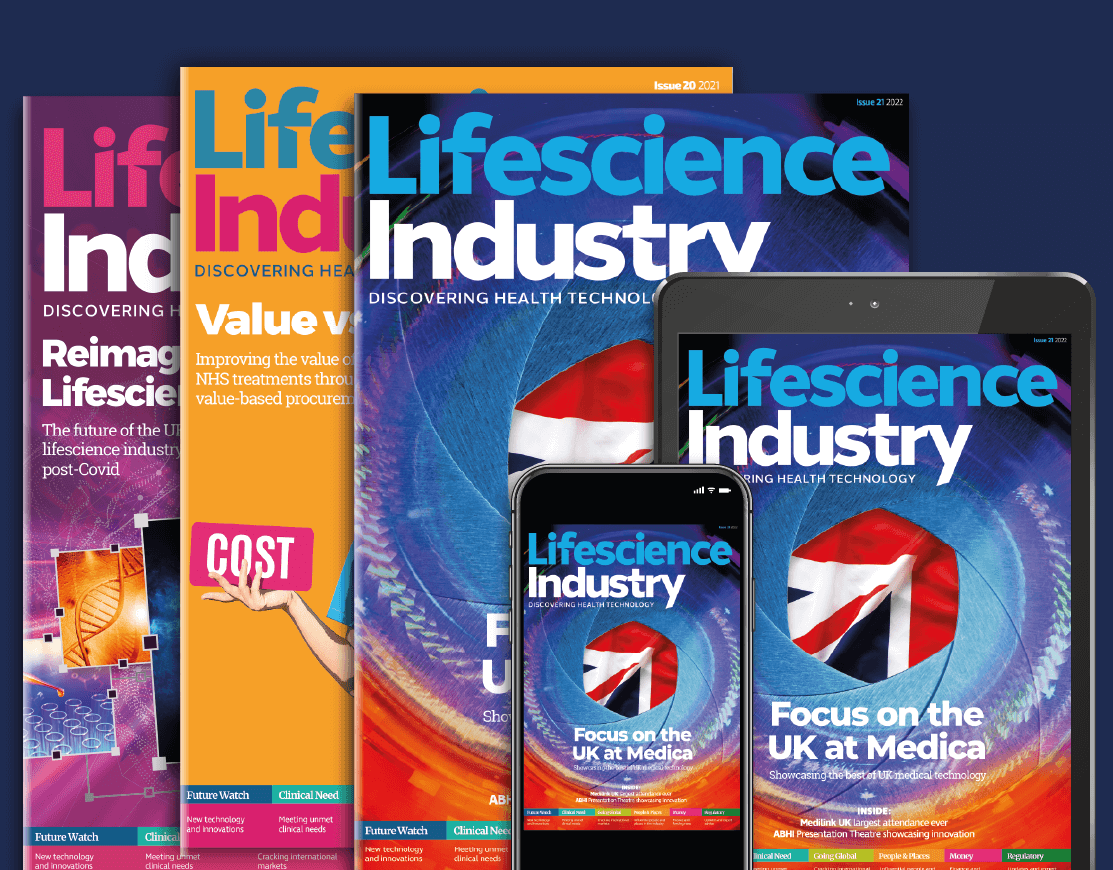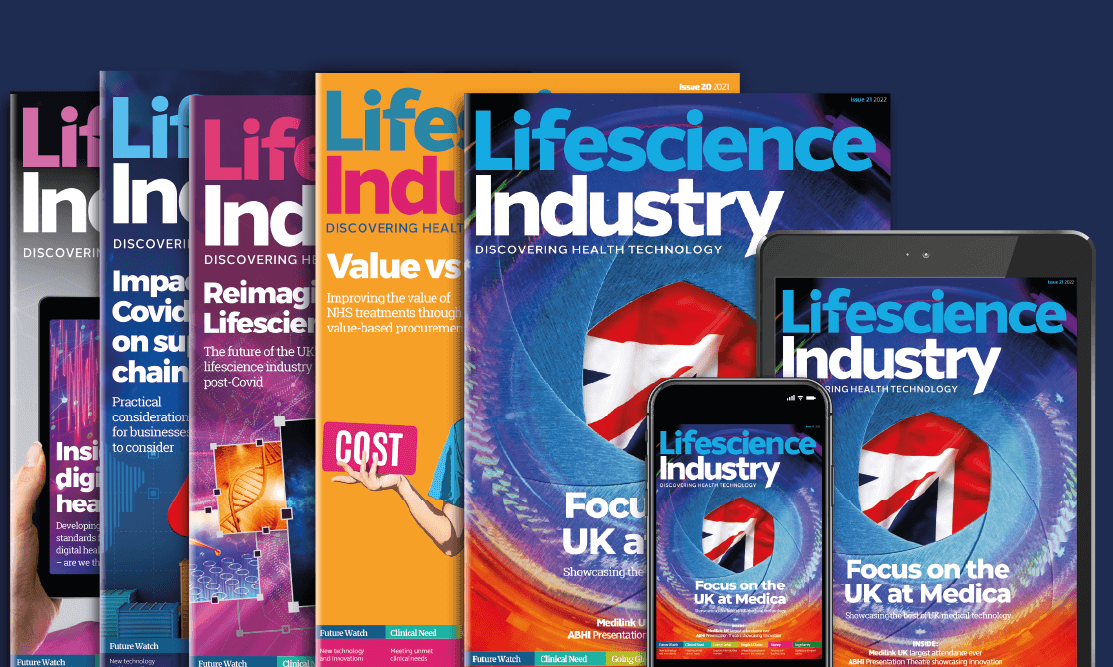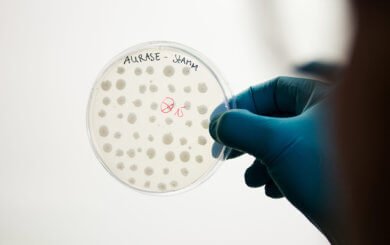
Projected returns on investment in research and development (R&D) for 15 global pharmaceutical companies – including the 12 largest by market capitalisation – have risen to 7.0 per cent in 2021, the highest level since 2014 (7.2 per cent), according to research by Deloitte’s Centre for Health Solutions. This is an increase of 4.3 percentage points compared to 2020, the largest annual increase since the study began.
Forecast average peak sales per asset are $521 million, the highest level in four years and significantly greater than $422 million in 2020, driven partly by the sales forecasts for emergency-approved COVID-19 vaccinations and treatments to the mass-market. Six of the 15 companies in the cohort improved their projected peak sales per asset compared to 2020.
Moreover, the estimated average cost of developing a drug, including the cost of failure, fell to $2,006 million in 2021 compared to $2,376 million in 2020. The fall in average cost per asset was principally caused by the significant increase in the number of assets in the cohort’s late-stage pipeline, 242 in total; 32 more than in 2020.
Deloitte’s research also found that average cycle times – the time is takes for a new asset to progress from starting clinical trials to reaching the market – decreased year-on-year for the first time since 2016, falling to 6.9 years from 7.14 years in 2020. Additionally, COVID-19 phase III trials were, on average, 3.7 times faster than non-COVID-19 infectious disease trials.
Colin Terry, European Life Sciences R&D leader at Deloitte, commented: “Our study has revealed seven-year high projected returns for biopharma R&D and this is indicative of a surge in performance and confidence for the life sciences industry at a critical time for patients, healthcare professionals and society. Even when COVID-19 emergency-approved assets are excluded, the cohort’s projected ROI is still higher than in the previous year testament to the investments and efforts of the last decade.
“The combination of a rise in peak sales, the reduced cost of development, and reduced length of cycle times indicate that pharma companies are seeing the benefits of optimising R&D processes in recent years. Innovation is reaching patients and society faster, and this is critical for addressing health equity across the world. Pharma companies, regulators and governments should continue to work together to foster more equitable and quicker access to new therapies and medical products driven by incredible scientific progress.
“Much of the gains we have seen in 2021 were driven by collaborative data sharing, investing in digital and technology talent and recognising the growing influence of connected healthcare. These changes have benefited the entire industry as well as the cohort companies under review in our research. The ultimate benefactor, of course, is the patient.”
Karen Taylor, director, Deloitte Centre for Health Solutions, commented: “Over the last two years we have seen unparalleled stakeholder collaboration, significant public and private funding, and regulatory flexibility that has enabled the world’s biopharma companies to bring COVID-19 vaccines and therapies to market in record time. These medicines were developed in response to an unprecedented healthcare emergency and are targeted at a mass, global market rather than specific groups within a population, contributing significantly to the increase in the projected ROI. Now is the opportunity for the industry to use the COVID-19 vaccine development process as a blueprint to plan, design and execute studies more efficiently across R&D portfolios.
“Over the coming years we expect to see biopharma R&D teams increasingly integrate environmental, social, governance initiatives into their research programmes. Global project teams will not only need to consider the sustainability of clinical trial footprints and supply chains, but they also must strive to meet society’s higher expectations about equitable access to experimental and approved therapies.”
Innovation driven by external capital
Deloitte’s analysis found that the combined cohort of pharmaceutical companies continue to rely on external sources of capital investment, including venture funding and early-stage financing. The proportion of late-stage pipeline revenues reliant on external funding has increased from 51 per cent in 2018 to 71 per cent in 2021.
The cohort also revealed a significant increase in the number of co-developed assets, rising from 32 per cent in 2020 to 46 per cent in 2021. This suggests that almost half of forecast revenues from the late-stage pipeline are being generated through collaborations and scientific partnerships.
Neil Lesser, Life Sciences R&D leader for Deloitte US, commented: “This trend of external innovation growth is indicative of pharma companies seeking to augment their innovation pipeline through collaborations and scientific partnerships with other, often smaller, players. We expect this trend will likely continue, with large capital investment from venture and early-stage financing driving innovation as assets get closer to commercial launch.”
News & Analysis






